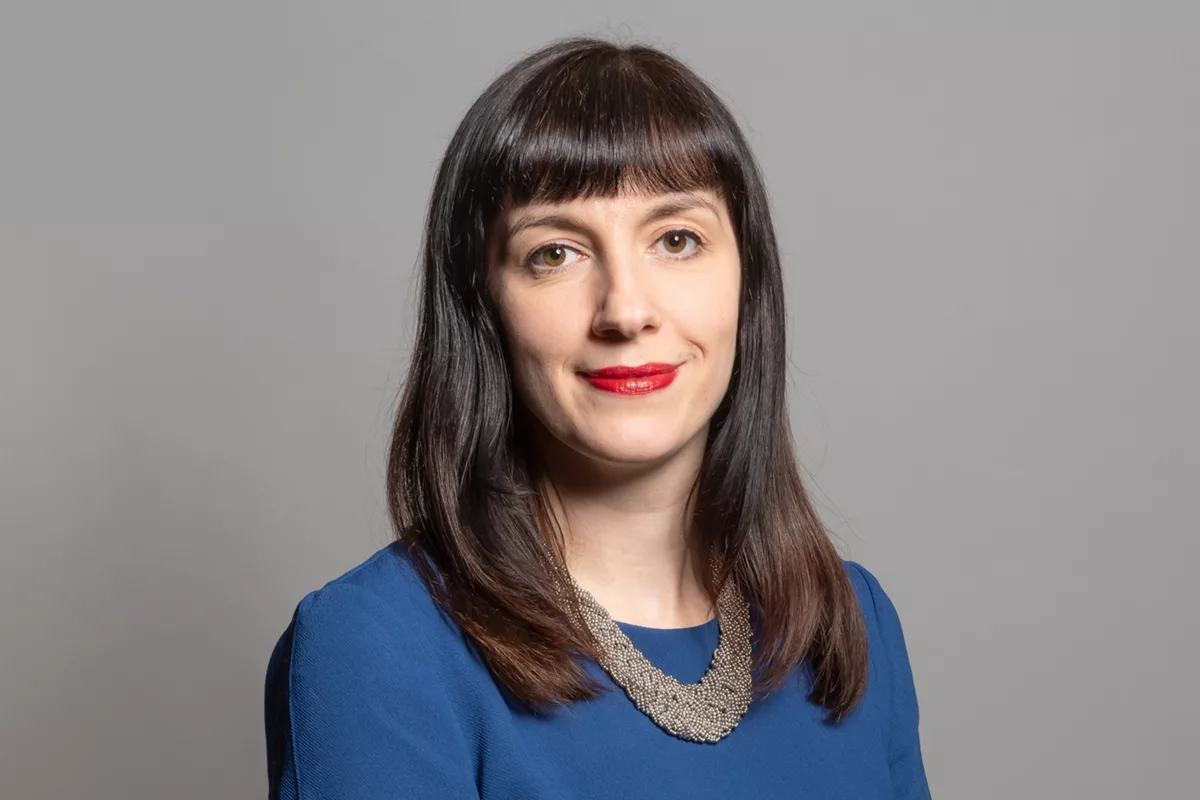
Humanists UK welcomes the announcement that Labour plans to tackle school absence in England with a home education register. This initiative would signal a crucial step towards ensuring the accountability and quality of education for all children, regardless of where they are educated.
6000 children trapped in illegal schools
Since 2014 Humanists UK has been campaigning to shut down ‘unregistered’ schools (also known as ‘illegal schools’), many of which are religious in nature. The education provided in many unregistered religious schools is known to be narrow, predominantly scriptural in its content, and deeply conservative, intolerant, and extreme. The schools themselves are frequently unsafe and there have even been whistleblower reports of corporal punishment and sexual violence. It is estimated that at least 6,000 children are in such settings in England.
Draft legislation was introduced in May 2022 in the Schools Bill. This included a wider definition of educational settings that must register, additional government powers, and a register of home-educated children. The proposals had cross-party support, but were dropped by the Government in December 2022, as a completely separate aspect of the Bill proved controversial. The Government has said that a home education register (and wider legislation to shut illegal schools) remains its policy. But it has also said it is waiting for a suitable legislative window, and hasn’t said if or when such a window will arise.
In April 2023 the government-sponsored independent review into religion, authored by Colin Bloom, called for action, recommending that: ‘Government should ensure that “out-of-school settings” which include faith-based settings operating below the current minimum threshold for registration as independent schools, and those that provide supplementary religious instruction, are properly registered and regulated…’
Action urgently needed
In May 2023, Humanists UK reported that a Conservative MP had introduced a Private Members’ Bill to Parliament to place a duty on local authorities to maintain a register of all children who are not in school which would close one of the loopholes exploited by proprietors of illegal religious schools.
Any new Bill needs to go further than just a register. It also should legislate to amend the definition of full-time education to bring any setting that is the pupil’s primary place of education within the scope of a registered school, and provide Ofsted with sufficient powers to examine the quality of child protection when undertaking inspection of suspected unregistered schools.
Humanists UK Director of Policy and Public Affairs Kathy Riddick said:
‘I applaud any action to tackle illegal schools and safeguard children whilst making sure they have access to appropriate education. There is a desperate need for a register of children not in school, and we welcome any initiative which will make this happen.
‘There is also a need to strengthen Ofsted’s powers to take action on suspected settings, and to tighten up the definitions of what a ‘school’ is. This would have been addressed in part four of the Schools Bill, and would have helped to protect the thousands of vulnerable children trapped in these extreme religious settings. These carefully drafted sections of the Schools Bill should be brought back in full.’
Notes
For further comment or information, media should contact Humanists UK Campaigns Manager Kathy Riddick at press@humanists.uk or phone 020 3675 0959.
Read our article on how the Independent Inquiry into Child Sexual Abuse delared that unregistered religious schools represent a clear risk of abuse. Of the Report’s two recommendations, the second was that the government should take action.
Read our report on the government’s decision to drop the Schools Bill
Visit the Schools Bill page on the Parliament website.
Read our article on the Queen’s Speech.
Read our exposé on illegal schools operating during lockdown.
Read more about our work on illegal schools, religious education, and collective worship.
Humanists UK is the national charity working on behalf of non-religious people. Powered by over 120,000 members and supporters, we advance free thinking and promote humanism to create a tolerant society where rational thinking and kindness prevail. We provide ceremonies, pastoral care, education, and support services benefitting over a million people every year and our campaigns advance humanist thinking on ethical issues, human rights, and equal treatment for all.
